Description
I. Ideologies and International Developments
The Blackening of Europe is a critical analysis of the historical and ideological origins of the European Union, with special regard to the consequences of these developments for the indigenous Europeans who presently risk becoming demographic and political minorities in their own homelands.
Broken into three volumes, Volume I. Ideologies and International Developments traces the seeds of the present-day EU to its earliest theoreticians and to the societies and historical dynamics that helped to bring it about and shape it. From Count Richard von Coudenhove-Kalergi to the Fabian Society and the Frankfurt School, from tensions between Europe and the Middle East to the ambition to weld Eurafrica, from Kant, the cosmopolitans and the Enlightenment liberals up to neoliberalism and neoconservatism, the first volume of The Blackening of Europe provides one of the first thorough analytical critiques of the European Union from the point of view of the rights of indigenous Europeans.
See also: The Blackening of Europe (vol. 2): Immigration, Islam, and the Migrant Crisis
Table of Contents
Part I: Central Influences on the Formation of the European Union
- 1. Early European Integration
- 1.1 Kalergi’s Paneuropean Movement
- 1.1.1 Historical and Political Context
- 1.1.2 Ideology
- 1.1.3 Ethnonationalism Sterilised for Mischief
- 1.1.4 Eurafrica
- 1.1.5 Funding, Support, Leadership, and Opposition
- 1.2 American Influence and Further Eurafrican Development, 1945–1970
- 1.2.1 American Intellectual and Financial Involvement
- 1.2.2 The European Economic Community
- 2. The Fabian Society and the Frankfurt School
- 2.1 The Fabian Society
- 2.1.1 The London School of Economics and the Labour Party
- 2.2 The Frankfurt School
- 2.2.1 Cultural Marxism and Critical Theory
- 2.3 Fabianism, Cultural Marxism, Paneuropean Socialism, and the New Left
- 3. International and Geopolitical Developments
- 3.1 Middle-East Conflicts and Euro-Arab Cooperation, 1948–1979
- 3.1.1 1973 Oil Embargo and the Euro-Arab Dialogue (EAD)
- 3.1.2 Politicisation of the EAD and Promotion of Islam in Europe
- 3.2 Euro-Arab Cooperation and Integration, 1985 to Twenty-first Century
- 3.2.1 Euro-Arab and Euro-Mediterranean Relations and Funding
- 3.2.2 Anna Lindh Foundation, European Neighbourhood Policy, and Union for the Mediterranean
Part II: Deep Ideological Currents
- 4. Original to New Cosmopolitanism, and a Critique
- 4.1 Cosmopolitanism
- 4.1.1 Kantian Cosmopolitanism
- 4.1.2 Proletarian Cosmopolitanism
- 4.1.3 Critical Cosmopolitanism: Jürgen Habermas
- 4.1.4 Universal Cosmopolitanism: Martha Nussbaum
- 4.1.5 Liberal and Pluralistic Cosmopolitanism: William Kymlicka
- 4.1.6 New Cosmopolitanism
- 4.2 Critique of Cosmopolitanism
- 4.2.1 Jürgen Habermas
- 4.2.2 Elitism, Global Cities, and Mental Health
- 4.2.3 Kymlicka: Minority and Majority Rights
- 5. Liberalism
- 5.1 Classical Liberalism
- 5.2 Modern, Social or New Liberalism
- 5.3 Neoliberalism
- 6. Conservatism: Classical to Neoconservatism
- 6.1 Paleoconservatism
- 6.2 Neoconservatism
- 6.3 Critique of Neoconservatism
- Afterword
- Index
- Bibliography

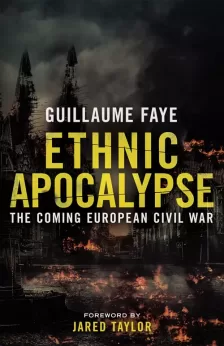
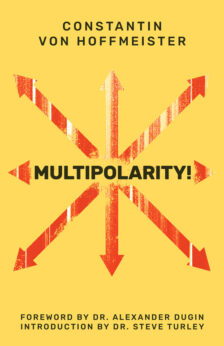

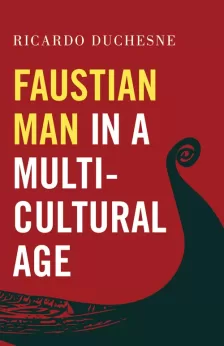

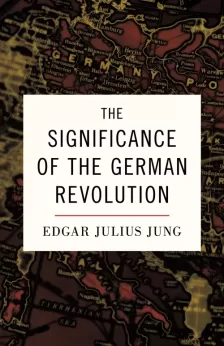
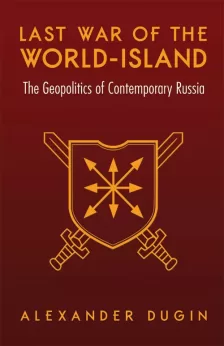

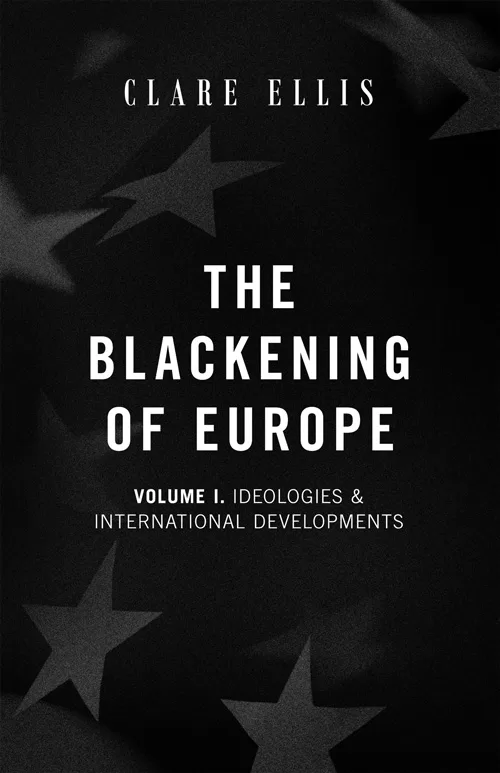




RODRIGO (verified owner) –